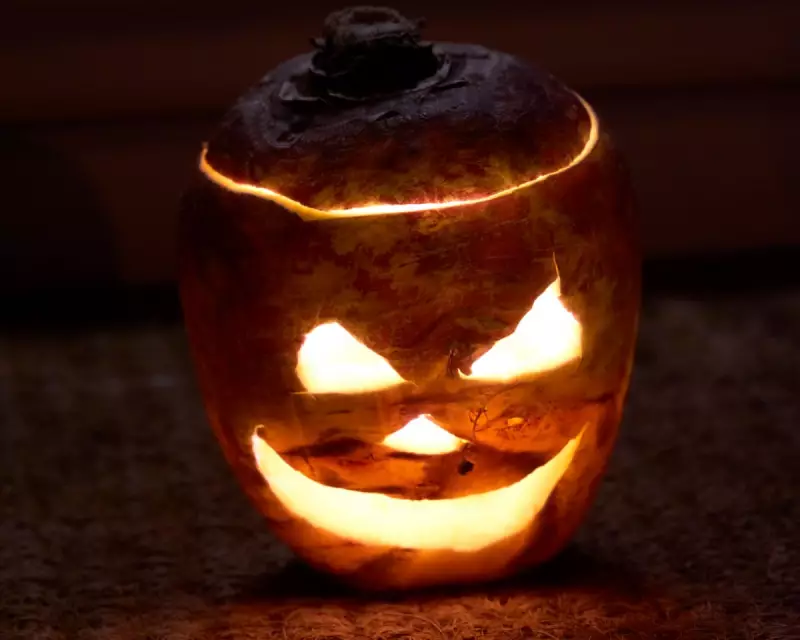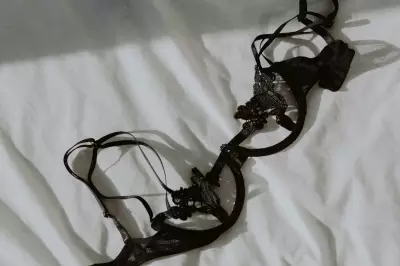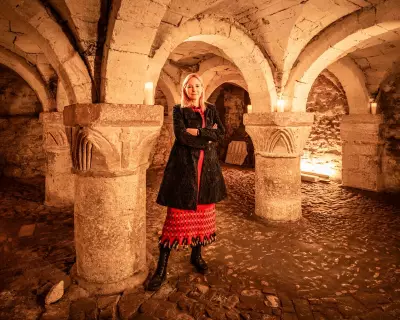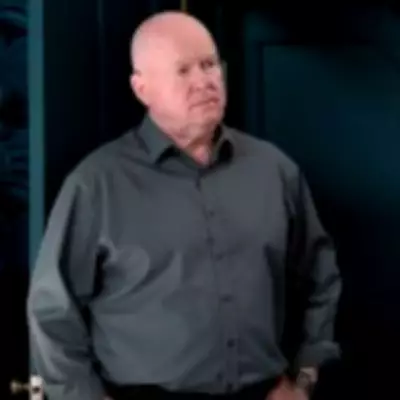
While many Britons view Halloween as yet another American import, complete with pumpkin-spiced everything and trick-or-treating, the festival's true origins are deeply rooted in medieval European soil. Long before Hollywood horror and supermarket costumes, our ancestors were marking this liminal time of year in ways that might surprise you.
The Sacred Beginnings of a Spooky Season
Contrary to popular belief, the medieval celebration of All Hallows' Eve was far from the commercialised spectacle we know today. Medieval monks and nuns saw this time as profoundly spiritual - a moment when the veil between the living and dead grew thin, requiring solemn prayer rather than playful scares.
In monasteries and convents across Britain, the night before All Saints' Day was marked by vigils and special masses. These religious communities believed the supernatural was very real, but their approach was one of spiritual protection rather than seeking thrills.
From Soul Cakes to Supernatural Beliefs
The medieval British had their own traditions that foreshadowed modern Halloween customs:
- Souling: The predecessor to trick-or-treating, where the poor would visit houses offering prayers for the dead in exchange for soul cakes
- Protective rituals: Communities would light bonfires to ward off malevolent spirits
- Divination practices: Young women performed rituals to discover their future husbands
How Halloween Crossed the Atlantic and Returned
The transformation of Halloween into the festival we recognise today is a story of cultural migration. Irish and Scottish immigrants brought their Samhain traditions to America in the 19th century, where they evolved into the more secular, community-focused celebration.
What returned to Britain decades later was essentially a repackaged version of our own heritage - now flavoured with American commercialism and pop culture influences. The medieval spiritual significance had been largely replaced by entertainment and consumerism.
Reclaiming Britain's Ghostly Heritage
As we carve pumpkins (a American substitution for the traditional British turnip) and dress in costumes, it's worth remembering that we're participating in traditions with much deeper roots than the transatlantic imports suggest. The medieval understanding of Halloween as a time when the supernatural world feels closer than ever continues to resonate, even if our expressions of that belief have changed dramatically.
This Halloween, while enjoying the festivities, consider the centuries of British history that paved the way for our modern celebrations - from medieval monasteries to Victorian ghost stories, the spirit of All Hallows' Eve has been with us all along.





